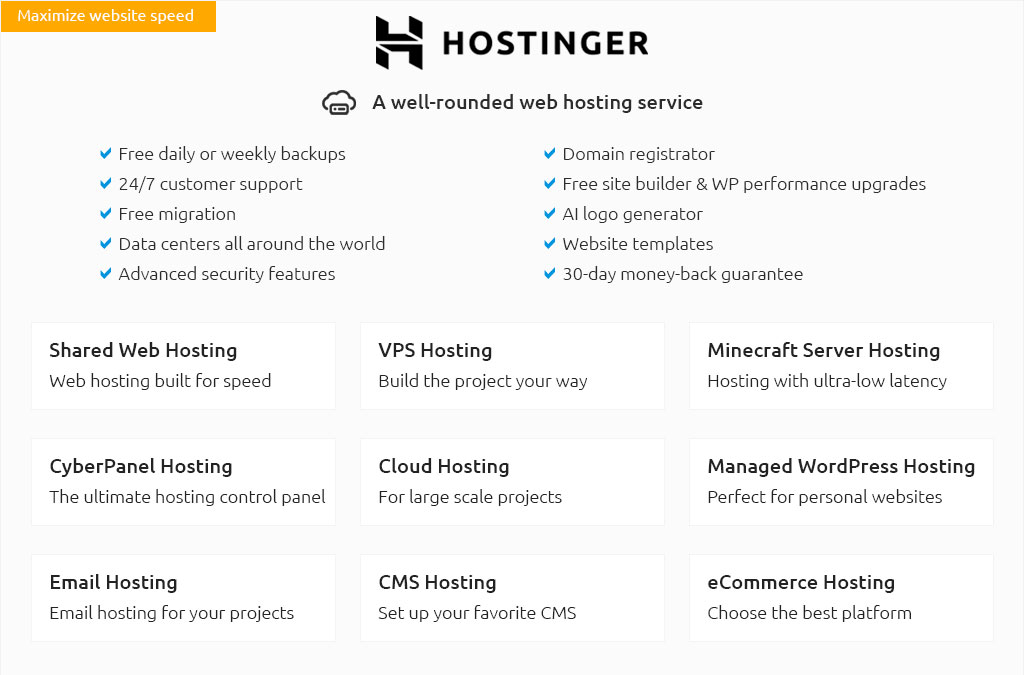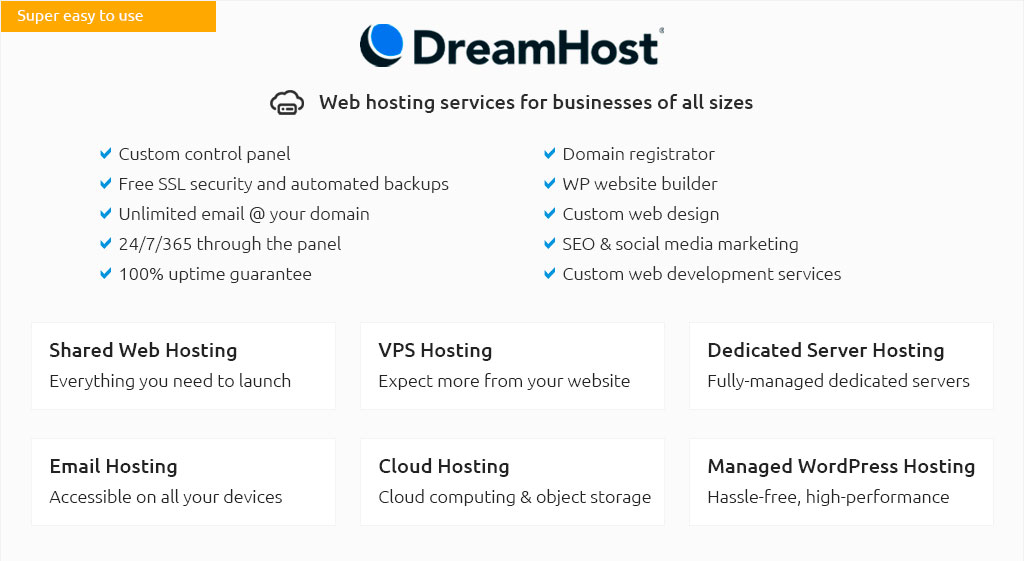 |
|||
 |
 |
 |
|
 |
|
 |
 |
 |
|||
 |
|||
 |
|||
 |
|||
 |
|||
 |
|||
 |
 |
Understanding Shared Dedicated Hosting: A Comprehensive GuideWhat is Shared Dedicated Hosting?Shared dedicated hosting combines the benefits of both shared and dedicated hosting environments. It offers the resources of a dedicated server while distributing costs among several users. This makes it an attractive option for businesses looking for more power than traditional shared hosting without the high costs of a fully dedicated server. Advantages of Shared Dedicated HostingCost-EffectivenessOne of the primary advantages is its cost-effectiveness. By sharing the server, users can access high-level resources at a fraction of the cost. This is especially beneficial for small to medium-sized businesses that need more resources but have budget constraints. Performance and ResourcesUnlike standard shared hosting, shared dedicated hosting offers more consistent performance. Users have access to greater bandwidth, storage, and processing power, which can significantly improve website speed and reliability.
Is Shared Dedicated Hosting Right for You?Choosing the right hosting solution depends on your specific needs. If you find your current hosting solution is limiting your site's performance, it might be time to consider an upgrade. For more insights, check out best server hosting reviews. Frequently Asked Questions
https://www.domain.com/blog/shared-hosting-vs-dedicated-hosting/
Shared hosting works by hosting multiple websites on the same server. Think of it as a public bus system where you share the same vehicle with other commuters. https://www.bluehost.com/blog/shared-hosting-vs-dedicated-hosting/
Multiple websites share resources on a single server, providing shared hosting cost-effective but possibly losing performance and customization. https://www.reddit.com/r/selfhosted/comments/154ihm9/dedicated_hosting_vs_shared_hosting/
As the name suggests, this type of hosting provides dedicated resources to a single user. This means that you have complete control over the ...
|